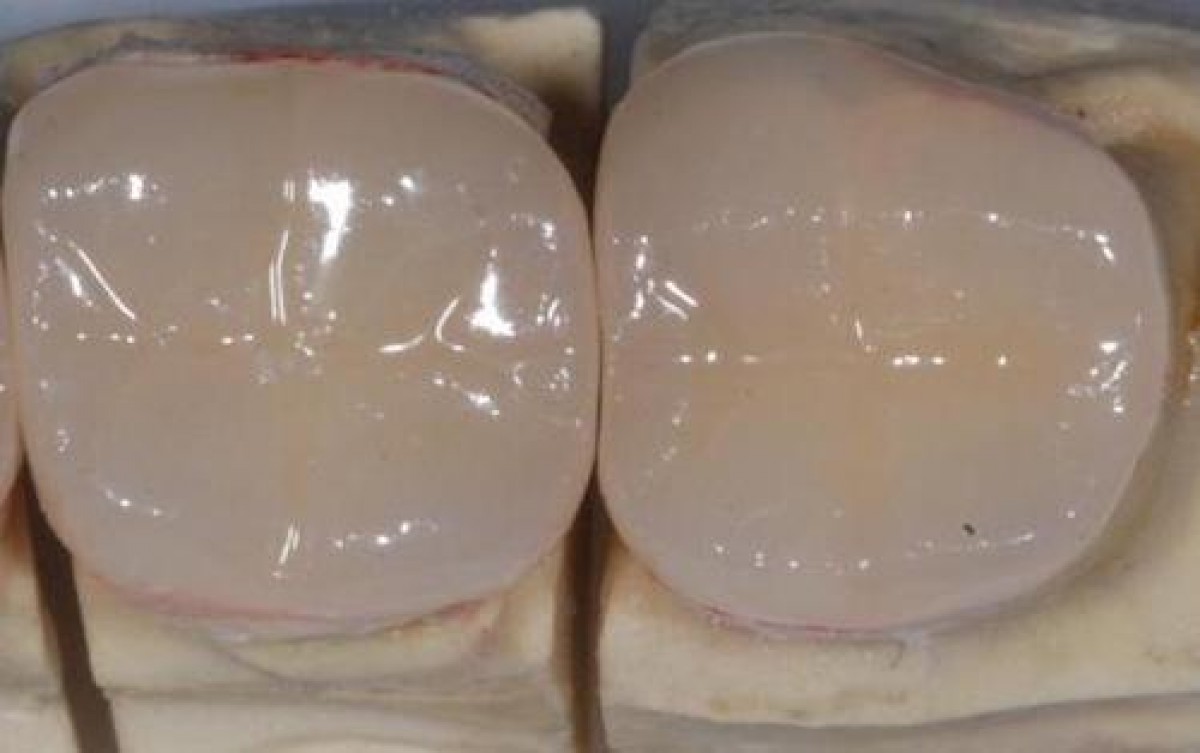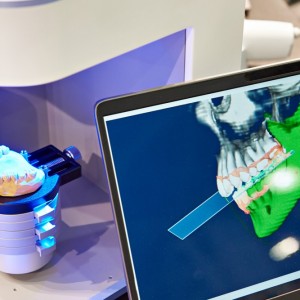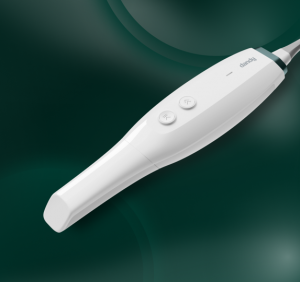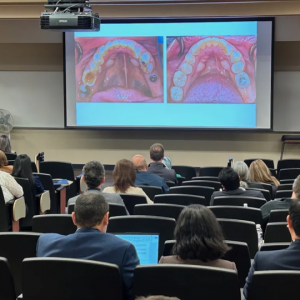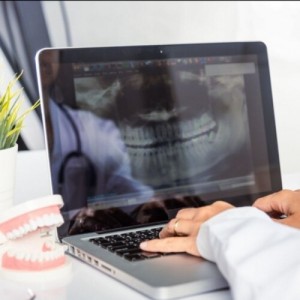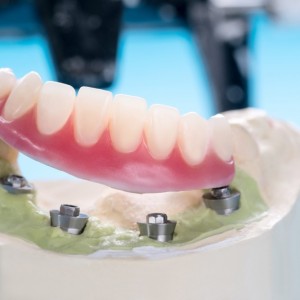
Wear of CAD-CAM ceramic single crowns and opposing natural teeth: glass matrix vs resin matrix
Lara Figini
Contemporary computer-aided design and manufacturing (CAD/CAM) systems involve a wide range of dental restoration indications such as inlays, onlays, laminate veneers, partial and all-ceramic crowns, fixed dental prostheses (FDP), removable dentures, working model fabrication, maxillofacial prostheses as well as implant superstructures, reducing costs and laboratory related consequences.
Materials for aesthetic restorations can be ceramic with glass matrix or hybrid with resin matrix. In dentistry, a restorative material should be durable against heavy occlusal loads while not causing an undesired wear on the opposing dentition. Physiological and pathological conditions such as mastication and parafunctional occlusion may cause wear of the restoratives as well as the opposing dental tissues leading to a loss in tooth anatomy.
Materials and Methods
In a clinical study published on the Journal of Advance Prosthodontics April 2019 the authors investigated wear amount of single molar crowns, made from four different restoratives, and opposing natural teeth through computerized fabrication techniques using 3D image alignment. A total of 24 single crowns (N = 24 patients, age range: 18 - 50) were made from lithium disilicate (IPS E-max CAD), lithium silicate and zirconia based (Vita Suprinity CAD), resin matrix ceramic material (Cerasmart, GC), and dual matrix (Vita Enamic CAD) blocks. After digital impressions (Cerec 3D Bluecam, DentsplySirona), the crowns were designed and manufactured (Cerec 3, DentsplySirona). A dual-curing resin cement was used for cementation (Variolink Esthetic DC, Ivoclar). Then, measurement and recording of crowns and the opposing enamel surfaces with the intraoral scanner were made as well as at the third and sixth month follow-ups. All measurements were superimposed with a software (David-Laserscanner, V3.10.4). Statistical analysis was accomplished by Repeated Measures for ANOVA (SPSS 21) at = .05 significance level.
Results
After 6 months, insignificant differences of the glass matrix and resin matrix materials for restoration/enamel wear were observed (P>.05). While there were no significant differences between the glass matrix groups (P>.05), significant differences between the resin matrix group materials.
Conclusions
From the data of this study, which must be confirmed in other similar studies, it can be concluded that glass matrix materials showed less wear both on their own and opposing enamel surfaces than resin matrix ceramic materials.
Especially in bruxist patients or in patients with occlusions that predispose to wear it is advisable to prefers ceramic materials with a glass matrix for single crowns with CAD-CAM as these materials are less subject to wear and less weary for opposing natural teeth in a 6 months follow-up.
For additional informations: In vivo wear determination of novel CAD / CAM ceramic crowns by using 3D alignment.
 Related articles
Related articles
Digital Dentistry 04 November 2025
Digitalisation is an expanding field in dentistry and implementation of digital teaching methods in dental education is an essential part of modern education.
News 03 November 2025
Dandy, a fully digital dental lab, today unveiled two new products for digital dentistry: the revolutionary Dandy Vision intraoral scanner and the powerful.
Editorials 02 October 2025
U-M School of Dentistry hosts national symposium on digital dentistry education
The University of Michigan School of Dentistry hosted a national Digital Dentistry Educators Symposium last week that drew faculty and leaders from 35 dental schools around the country.
Digital Dentistry 29 August 2025
Digital dentistry: The new state of the art — Is it disruptive or destructive?
Summarizing the new state of the art of digital dentistry, opens exploration of the type and extent of innovations and technological advances that have impacted – and improved – dentistry.
Endodontics 15 August 2025
Feasibility of Implementing Digital Dentistry Section in Dental Clinic of a Military Centre
Digital dentistry is not the wave of the future, it is happening now. Whether a dentist embraces the new technology determines the quality of treatment and possibly his future; for this reason,...
 Read more
Read more
Prosthodontics 17 November 2025
The purpose of this report is to describe a new technique to fabricate and deliver an implant-supported fixed prosthesis to the patient on the day of surgery, and to propose a protocol for the...
Editorials 17 November 2025
The Langkamp Allison Award recognizes a Pitt Dental Medicine third-year dental student interested in pursuing a career in dental education.
Products 17 November 2025
VELMENI today unveiled VELMENI Voice, an AI-driven voice recognition tool designed to transform periodontal charting and clinical documentation.
News 17 November 2025
Angelalign Technology Inc. (6699.HK) (“Angel”) recently announced the expansion of its flexible iOrtho platform to include direct integration with the Dexis, Shining 3D, and Panda scanners.
News 17 November 2025
Following the first FDA clearance for technology that measures internal mobility in teeth, Perimetrics CEO and Chairman Robert Hayman is once again leading dentistry into a new era with InnerView, a...


